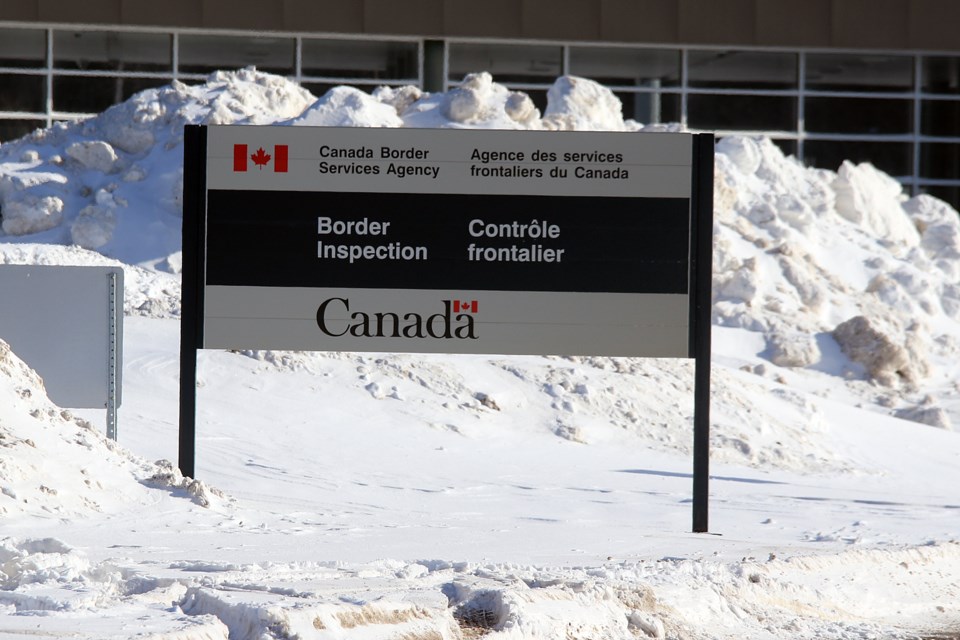THUNDER BAY – Travellers to the United States will still need to present a test to return to Canada, but the requirement for it to be a more costly molecular test will be dropped as of Feb. 28.
Instead those returning from a U.S. sojourn will only have to provide proof of a negative rapid antigen test, a much less expensive option that can provide results within minutes.
The federal government announced on Tuesday it will also drop the requirement for unvaccinated children 11 and younger to isolate for two weeks, meaning they’ll be able to attend school or day camps immediately upon return.
"For two years now, our government's actions in the fight against COVID-19 have been based on prudence and science. Today's announcements are a reflection of the progress we have made against this current Omicron variant,” said Minister of Health Jean-Yves Duclos, in a release issued following a news conference announcing the changes.
“The return to mandatory random testing of all vaccinated travellers will facilitate travel for Canadians all while helping our public health authorities to detect future changes in COVID-19 importation rates and variants of concern. As we have said all along, Canada's border measures will remain flexible and adaptable, for potential future scenarios."
Late last year, Canada announced travellers visiting the United States for less than 72 hours would be allowed to return home without being tested, but PCR tests would still be required for those gone longer than three days. However, with the arrival of the Omicron variant, the new rules were only in place for a matter of weeks before PCR tests were once again required.
Unvaccinated travellers 12 and older will still have to test on arrival, on Day 8 of their return and quarantine for 14 days.
The rapid antigen test, which is less accurate than the PCR test, must be taken the day before returning to Canada. They must be lab-administered, meaning take-home tests will not meet the requirement to present a test at the border. Health-care entities and tele-health services may also administer tests.
TBNewswatch has reached out to public health officials in Minnesota to inquire where Canadians might be able to get tests in the state. Rapid tests in Canada cost as little as $40, while PCR tests can cost $200 or more.
Returning Canadians will still be subject to random PCR tests at the border, but fully vaccinated travellers, those with at least two doses of an acceptable vaccine, will not have to quarantine while awaiting results. It's also unclear if tests can be taken in Canada for those wanting to do day trips to Grand Marais or Grand Portage, for example, or if they can be taken on the same day in those cases.
Unvaccinated foreigners will not be allowed entry into Canada unless they fall into a limited exemption category or can prove with a PCR test result that they've had COVID-19 between 11 and 180 prior to arriving in Canada.
Travellers must upload required information into the ArriveCan app.
Canada reopened its borders to U.S. travellers last August and to the rest of the world in September. The U.S. opened its land borders with Canada and Mexico last November.



